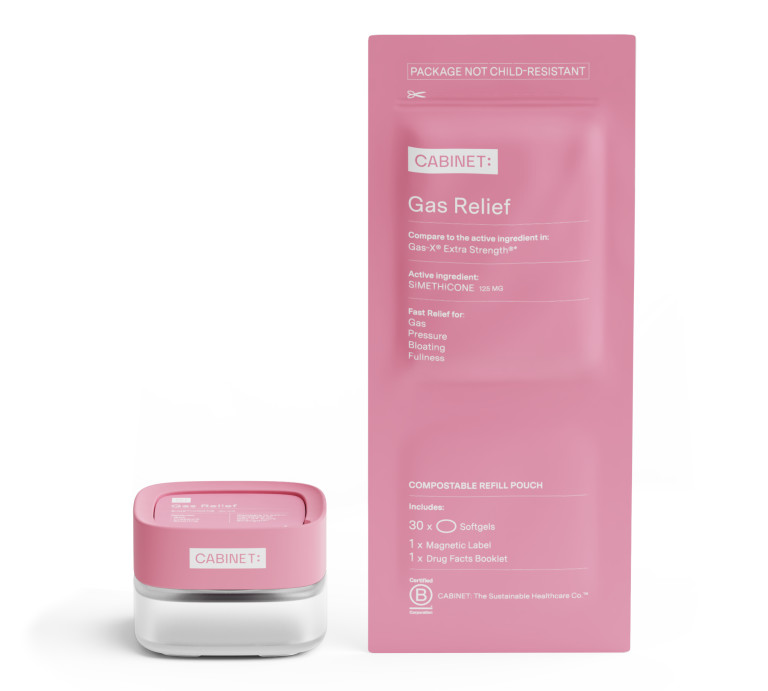If you have lingering gastrointestinal (GI) concerns, it’s always important to talk to your healthcare provider or gastroenterologist in order to rule out more serious conditions and address underlying causes and lifestyle changes for long-term relief. Some OTC medications can help you feel better in the meantime. Consider reaching for one to deal with discomfort from:
Gas
Diarrhea
Lactose intolerance
Heartburn and indigestion
Constipation
Abdominal pain and bloating
Whether it’s the acid burps or a poop problem, here’s what you need to know about these stomach-soothing meds:
Gas and Flatulence
Yes, it’s normal to fart1 up to 25 times per day. What’s more, some of the healthiest foods you can eat, such as beans and cruciferous veggies (broccoli, cauliflower), are likely to give you gas. But what happens when that gas gets trapped? Trapped gas can make you feel bloated and cause painful cramps or a knotted feeling in your abdomen2 . You can help gas escape by popping those gas bubbles (literally) with an ingredient called simethicone, found in Gas Relief. This medicine breaks down excess gas in your stomach and intestines, making it easier to get rid of gas through burping or farting. Goodbye, debilitating gas pain!
Diarrhea
Your stomach can act in strange ways sometimes. And when it does—you need help, stat. If you’re feeling the sweats and diarrhea is imminent, reach for a medicine that contains bismuth subsalicylate3 , an antidiarrheal ingredient that reduces inflammation, combats bad bacteria, and slows down the flow of fluids into intestines. The result? Formed stools that don’t make you sprint to the bathroom. Stomach Relief contains bismuth subsalicylate in a softgel formula, for faster bowel-calming action.
Lactose Intolerance
You might love ice cream and a good cheese tray, but those favorites don’t like you back. Lactose intolerance4 is when you lack the enzyme needed to properly digest the sugar lactose that’s present in dairy products. Consuming dairy products may result in a range of unfortunate symptoms, including bloating, diarrhea, gas, and stomach pain. Not to worry! You can temporarily replace the enzyme you’re missing by taking a lactase enzyme supplement, like Dairy Relief. This digestive supplement can be taken with your first bite or sip of dairy, so you can enjoy foods like cheese consequence-free.
Heartburn and Indigestion
Chest on fire? Burning that’s welling up in your throat? Or, just feeling so darn full following a meal? These as well as bloating and burping can all be symptoms of indigestion5 or stomach acid. Swallow a magnesium oxide tablet, like Antacid, to neutralize acid and soothe an upset stomach. Bonus: Magnesium can also be used to relieve constipation and bowel irregularity. Stomach Relief can also be very effective for symptoms of heartburn and indigestion.
Constipation
Contrary to popular belief, you don’t need to have daily bowel movements (BMs). Doctors at the National Institute of Diabetes and Digestive and Kidney Diseases (NIDDK) actually define constipation6 as pooping fewer than three times per week or as stools that are hard, dry, or lumpy. (Compare the shape of your BMs to those on the Bristol Stool Chart7 to quickly gauge stool health.)
Straining because of hard stools stinks. A digestive medication containing the active ingredient docusate sodium, such as Stool Softener, will draw water into the stool. Bulkier stools are easier to pass—in fact, you can expect a BM in 12 to 72 hours. Magnesium oxide, present in Antacid, can also be used as a laxative to relieve constipation8 .










